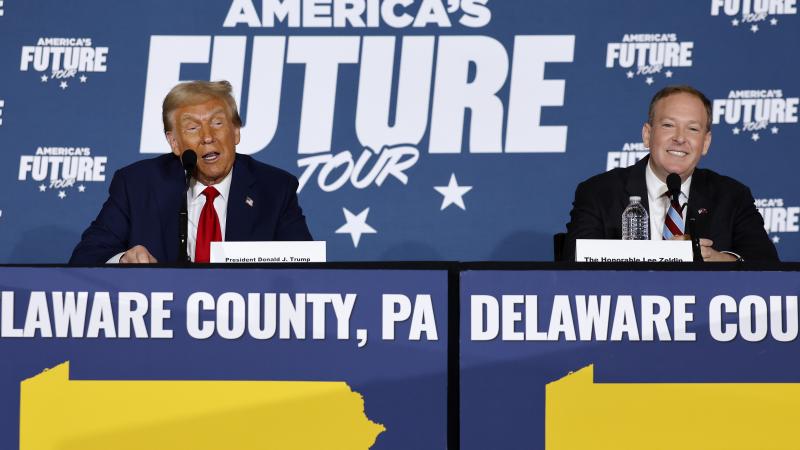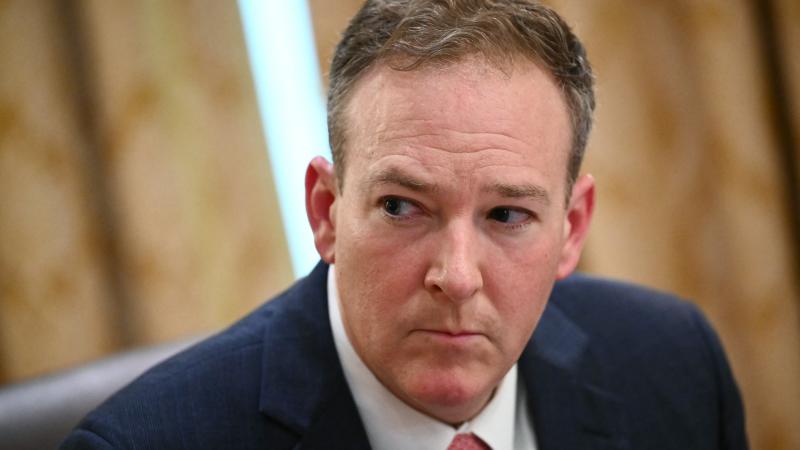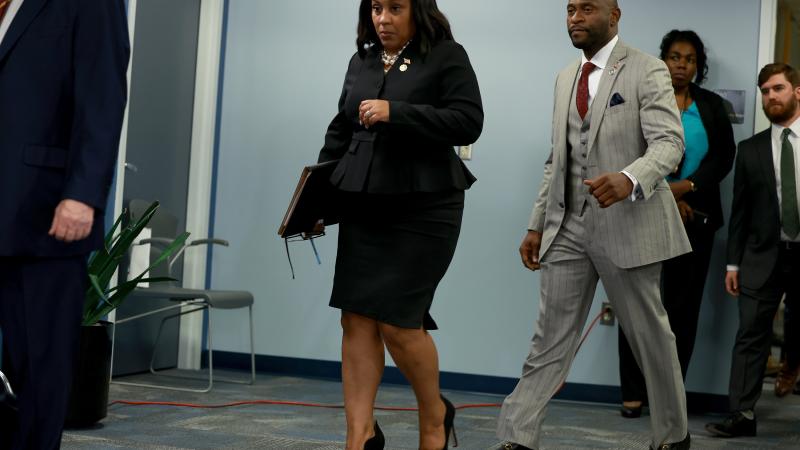Trump woos young voters by touting record of reducing carbon emissions and keeping economy stable
"At the same time we had an energy revolution and one of the strongest economies in modern days, our air and water got cleaner, and the public lands and parks were fully protected and fully funded," Tim Stewart said.
Former President Donald Trump’s record on protecting the environment while in office could benefit him with regard to young voters, as his focus includes ensuring that doing so is economically feasible.
As the two main party presidential candidates sought to persuade voters to cast ballots for them in November during the first presidential debate on Thursday, they both touted their records on the environment. However, Trump claimed that President Joe Biden’s record has economically harmed the U.S., while the former president’s focus has been to build up the economy and protect the environment.
During the CNN presidential debate on Thursday, Trump said regarding climate change that he wants “absolutely immaculate clean water, and I want absolutely clean air,” and that the U.S. had it under his administration. Biden responded by claiming that Trump had done nothing for the environment while in office.
“We're in a situation where the idea that he is claiming to have done something to have the cleanest water? The cleanest water? He hadn’t done a damn thing with the environment,” Biden said.
“He got out of the Paris peace accord – climate accord,” he continued, correcting his own verbal stumble. “I immediately joined it, because if we reach for 1.5 degrees Celsius at any one point, where there's no way back, the only existential threat to humanity is climate change, and he didn't do a damn thing about it. He must undo all that I've done.”
Trump responded to Biden, saying, “The Paris Accord was going to cost us a trillion dollars, and China nothing, and Russia nothing, and India nothing. It was a ripoff of the United States, and I ended it because I didn't want to waste that money, because they treat us horribly. We were the only ones – it was costing us money. Nobody else was paying into it. And it was a disaster.”
On his Truth Social account Thursday before the debate, Trump posted his debate talking points regarding climate change. “Because of Biden’s climate and tariff policies, everyone is buying Chinese solar panels instead of American energy. Under my Administration, we will continue to reduce CO2 and focus on American-made energy,” according to the post.
A rebuttal point reads, “Joe Biden is shutting down U.S. energy, canceling pipelines, stopping federal leases. We still need the energy. That means we are importing more energy from countries that aren’t our friends. When you transport gas halfway around the world, it means more CO2 emissions.”
During Trump’s term in office, he signed into law the Great American Outdoors Act in August 2020 and the John D. Dingell, Jr. Conservation, Management, and Recreation Act in March 2019.
The Great American Outdoors Act provided “up to $1.9 billion per year for five years to fund deferred maintenance projects identified by the National Park Service, the U.S. Forest Service, the U.S. Fish and Wildlife Service, the Bureau of Land Management, and the Bureau of Indian Education,” according to the Trump White House archives.
Meanwhile, that legislation included “the permanent authorization of the Land and Water Conservation Fund,” according to U.S Department of the Interior’s Bureau of Land Management’s website.
The environment and climate change are particularly important issues to young voters.
According to an Economist and YouGov poll from earlier this month, 83% of adults ages 18-29 said climate change was an important issue, which was the highest of any age group. However, when the same age group was asked what the most important issues were for them, only 11% said climate change, which was tied for second place with abortion and jobs/the economy, and below inflation/prices.
The same poll found that 46% of 18-29-year-olds intended to vote for Biden in November, compared to 24% for Trump.
Tim Stewart, president of the U.S. Oil and Gas Association, told Just the News on Friday that it’s possible for the U.S. to take care of the environment without destroying the economy.
"Young voters are often misled by the media and advocacy groups that the environment is a zero-sum game and you can only have one thing," Stewart said. "We proved through the Trump years that you can certainly have both. At the same time we had an energy revolution and one of the strongest economies in modern days, our air and water got cleaner, and the public lands and parks were fully protected and fully funded."
Stewart explained that a strong economy benefits the environment because “It gives governments tax revenue to spend on everything from parks to wildlife conservation.”
One example Stewart gave was the “The Land and Water Conservation Fund, which provides over a billion dollars every year to protect our wetlands and national parks, is funded by offshore oil and gas receipts. You can have it both ways.”
“But the best example is President Trump’s emphasis on North American Energy dominance which opened up multiple markets for natural gas production and made prices very favorable,” Stewart added. “That led utilities to undergo a fuel switch from coal to natural gas which resulted in 60% reductions in greenhouse gas emissions. The U.S. is the leader in greenhouse gas reductions because of natural gas use. It also made electricity very, very affordable all across the country except for Blue States like California.”
American Conservation Coalition VP of Communications Karly Matthews told Just the News on Friday that Trump had “several environmental wins” during his presidency.
She explained that Trump signing into law the Great American Outdoors Act, aided the environment by protecting American parks, which is an “environmentalist ideal.” Matthews also noted how the Trump administration supported nuclear energy and enacted laws that supported its research and development.
“His rhetoric on climate is sometimes lacking, but the results in his first term are significant,” she said.
Matthews referenced a University of Colorado Boulder study published in January that found “personal views on climate change were one of the strongest predictors of voting behavior in 2020, especially among independents,” according to CU Boulder’s Center for Environmental Futures.
The study found climate change to be a concern for the majority of Democrats and independents, and that a quarter of Republicans who said climate change was “very important” voted for Biden in 2020.
Matthews suggested that the study makes a “compelling case” that “whoever lays out the most actionable, inspiring plan for the climate will be the next president.”
















